Coronavirus Australia: Health Minister Jenny Mikakos tells hotel quarantine inquiry what she didn’t know
Victoria’s Health Minister has shed light on just how in the dark she was when her department was running hotel quarantine.
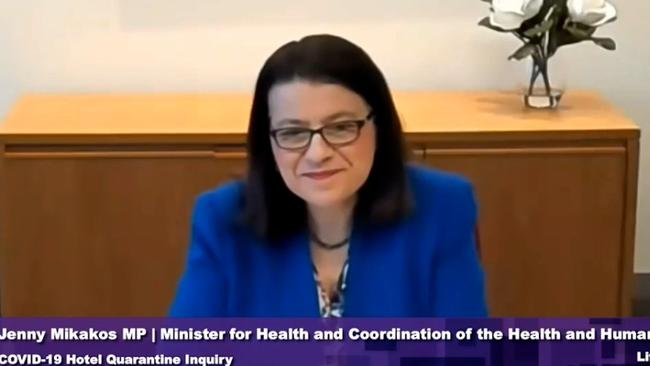
Victorian Health Minister Jenny Mikakos has shed light on just how in the dark she was when her department was running the hotel quarantine program.
She told the hotel quarantine inquiry on Thursday that her officials did not consult or even tell her they would be accountable for quarantining returned travellers until after the program was up and running.
As well, Ms Mikakos said she did not know private security guards were being used in the program until after outbreaks occurred in May – more than two months after the program started.
When counsel assisting Ben Ihle asked Ms Mikakos if it would have desirable if she had been told about what was going on, she replied: “Yes, I would agree with that.”
As well as being the Victorian health minister, for which she is paid more than $350,000 a year, Mikakos sits on Premier Daniel Andrews’ crisis council as Minister for the Coordination of Health and Human Services COVID-19.
She said she immediately understood private security guards were a high risk workforce, although one which was the responsibility of the Department of Jobs, Precints and Regions.
“I can‘t imagine why it [guards] would be brought to my attention, because as I explained, DJPR held the contracts with the security companies,” she said.

Poor infection control among security guards at the Rydges on Swanston and the Stamford Plaza has been linked to 99 per cent of Victoria’s second wave coronavirus cases, which have claimed the lives of more than 750 people.
Ms Mikakos said she “was exasperated and absolutely determined to replace the security guards” at hotel quarantine by the time the second outbreak occurred at the Stamford Plaza and worked hard to transfer responsibility for the program to the Department of Justice and Community Safety.
She said had no concerns about using the Australian Defence Force to guard returned travellers.
Exchange between counsel assisting Ben Ihle and Minister Jenny Mikakos (edited for clarity and brevity)
Ihle: The fact that the Department is designate as the control agency for the pandemic response as a whole did not mean that the DHHS was running Operation Soteria. Is that the answer that you give to this Inquiry today as well?
Mikakos: That is correct, Mr Ihle.
Ihle: You were not consulted about the structure of or operational plan for Operation Soteria?
Mikakos: That is correct.
Ihle: Prior to 29 March, you were not involved in any meetings regarding the structure and lines of accountability for the Hotel Quarantine Program?
Mikakos: That is correct.
Ihle: Prior to 29 March, you did not receive any advice, nor were you consulted about the structure and lines of accountability for the Hotel Quarantine Program?
Mikakos: That‘s correct
Ihle: Minister, you would agree too that it naturally follows from that that you were not involved in or consulted about those initial decisions around the structure of the Hotel Quarantine Program?
Mikakos: That is correct.
Ihle: Nor were you involved in or consulted about the lines of accountability in respect of the Hotel Quarantine Program?
Mikakos: That is correct.
Ihle: As the Minister for Health, and given that this was a health emergency, do you consider that you should have been consulted on those things?
Mikakos: With the benefit of hindsight, it would have been desirable if I had been.
Ihle: And at the very least, you would agree that it would have been desirable that you would have been told about those things?
Mikakos: Yes, I would agree with that.
Ihle: The Department‘s involvement in the Hotel Quarantine Program, even initially, was a substantial undertaking for the Department?
Mikakos: Yes, it was.
Ihle: And given that it was a substantial undertaking – accepting among many substantial undertakings – you would also agree that it was a significant issue that fell within your portfolio as the Health Minister?
Mikakos. I would agree with that, yes.
Ihle: Do I understand your position to be that you were not involved in the decision to engage private security?
Mikakos: Not at all.
Ihle: Do I also understand your position to be that you have no idea who made that decision?
Mikakos: I do not know who made that decision.
Ihle: The first you became aware of the engagement of private security in the Hotel Quarantine Program was after the outbreak at Rydges in late May?
Mikakos: That‘s to the best of my recollection, Mr Ihle, because I would have had no reason to turn my mind to issues around security guards until we had that first case and the first outbreak at the Rydges Hotel.
Ihle: Through that period of almost two months since the establishment of the Hotel Quarantine Program, the fact that private security guards had been engaged as the first line of compliance, if you like, did not come to your attention in any form?
Mikakos: That is correct, because as you know, Mr Ihle, it was in fact DJPR that was the Department that had all the contracts with security contractors.
Ihle: Throughout that entire period, until it came to your attention, you retained your responsibilities as the Minister for Health?
Mikakos: Yes, I did.
Ihle: And from 3 April until you found out about it in late May, you were also the Minister for the Coordination of Health and Human Services for COVID-19?
Mikakos: Yes, I was.
Ihle: And you were also a member of the Crisis Council of Cabinet?
Mikakos: Yes, I was.
Ihle: And in none of those capacities did the fact that security guards, private security guards were being used in this health response come to your attention?
Mikakos: I can‘t imagine why it would be brought to my attention, because as I explained, DJPR held the contracts with the security companies.
Ihle: Yes. So the Public Health and Wellbeing Act is an Act that the Department of Health and Human Services ordinarily has responsibility for administering. Do you agree with that?
Mikakos: Yes, it does.
Ihle: And it‘s a piece of legislation that sits within your portfolio as the Health Minister?
Mikakos: Yes, it does.
Ihle: Ordinarily, and without the effect of those orders that have come in more recent times, the Public Health and Wellbeing Act is an Act that sits within your portfolio as the Health Minister?
Mikakos: That is correct.
Ihle: And in fact, it was in your capacity as Health Minister that you declared the State of Emergency on 16 March?
Mikakos: That is correct.
Ihle: And you were aware that by doing so, you were enlivening powers that vest within the Chief Health Officer to handle the health emergency?
Mikakos: That is correct.
Ihle: And you‘re aware that it was by way of authorisation or delegated power from the Chief Health Officer that gave legal effect to the Hotel Quarantine Program?
Mikakos: It provided the legal framework that was necessary to issue each of the returned travellers with a Detention Notice, and that was only possible by virtue of having enlivened those particular provisions under the Public Health and Wellbeing Act.
Ihle: You were aware from the establishment of the Hotel Quarantine Program that people were being detained by legal authority under the Public Health and Wellbeing Act?
Mikakos: Yes, I was. That was a very important part of the role of DHHS in this program, was providing the legal framework.
Ihle: And you‘re aware that the legal effect of that is that people are compulsorily detained?
Mikakos: Yes, I am.
Ihle: And up until — let‘s just talk about up until the outbreak at Rydges, those powers pursuant to which people were being detained were powers that arose from the Public Health and Wellbeing Act, an Act that falls within your portfolio as the Health Minister?
Mikakos: That is correct.
Ihle: Is it your evidence to this Inquiry that until the outbreak at Rydges, you didn‘t even turn your mind to question of how people were actually being detained in the hotels?
Mikakos: That‘s correct.


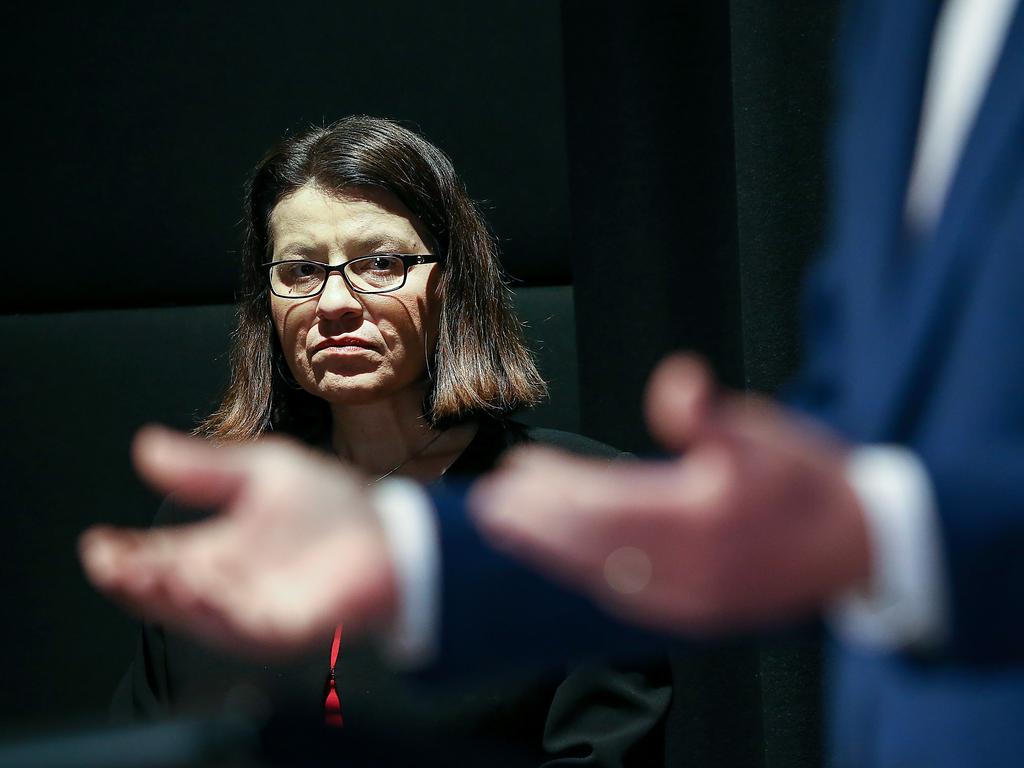


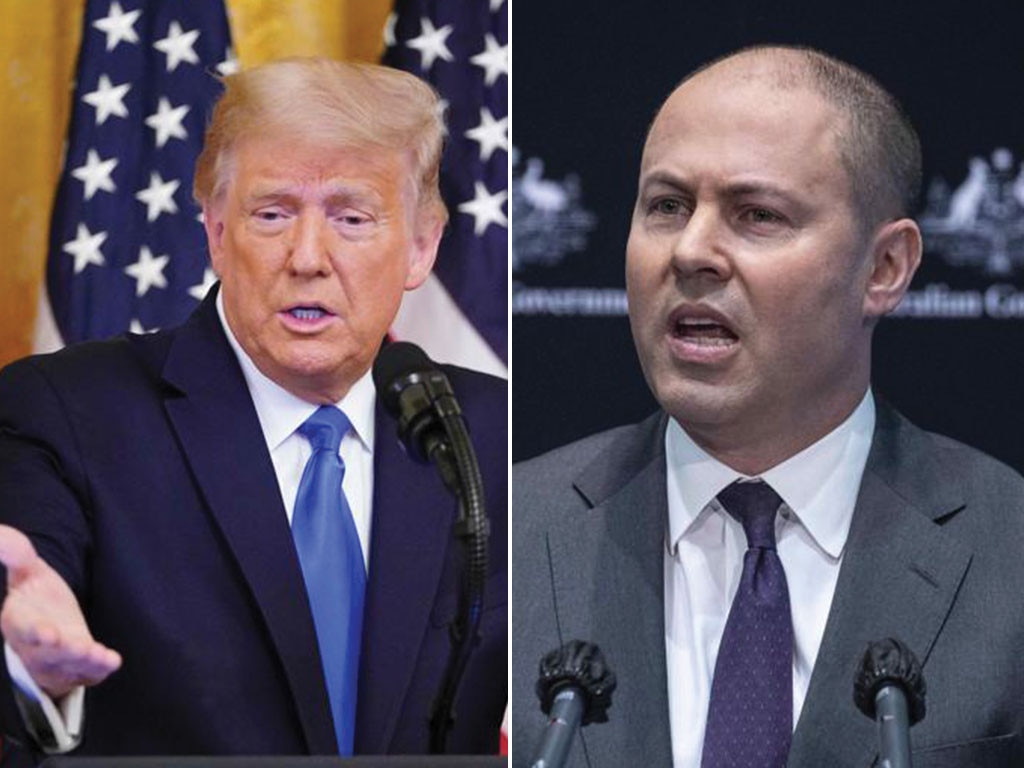
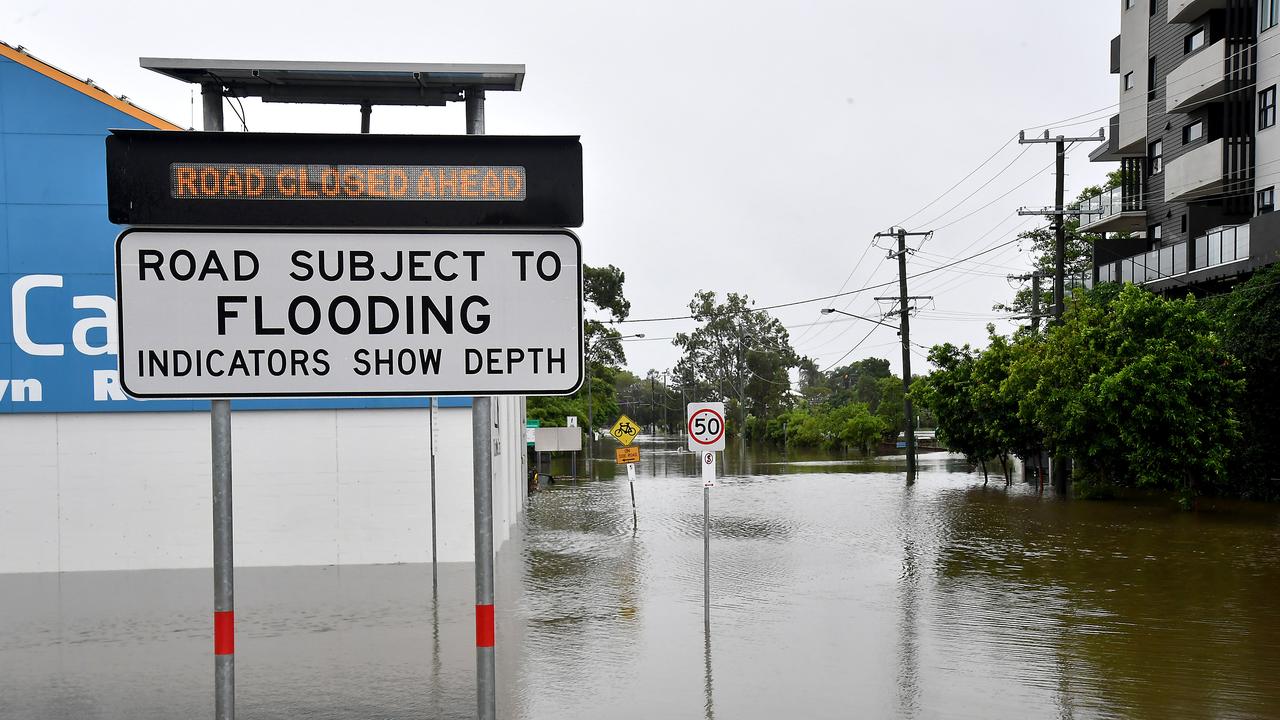
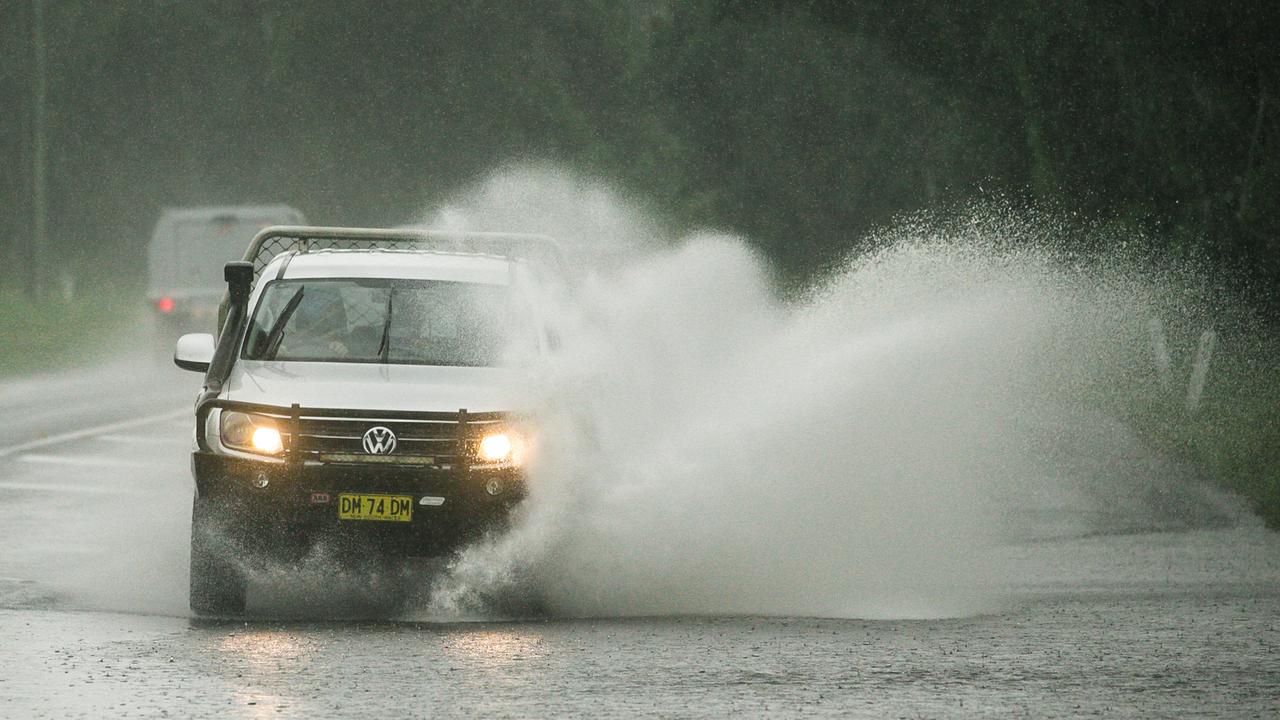
To join the conversation, please log in. Don't have an account? Register
Join the conversation, you are commenting as Logout